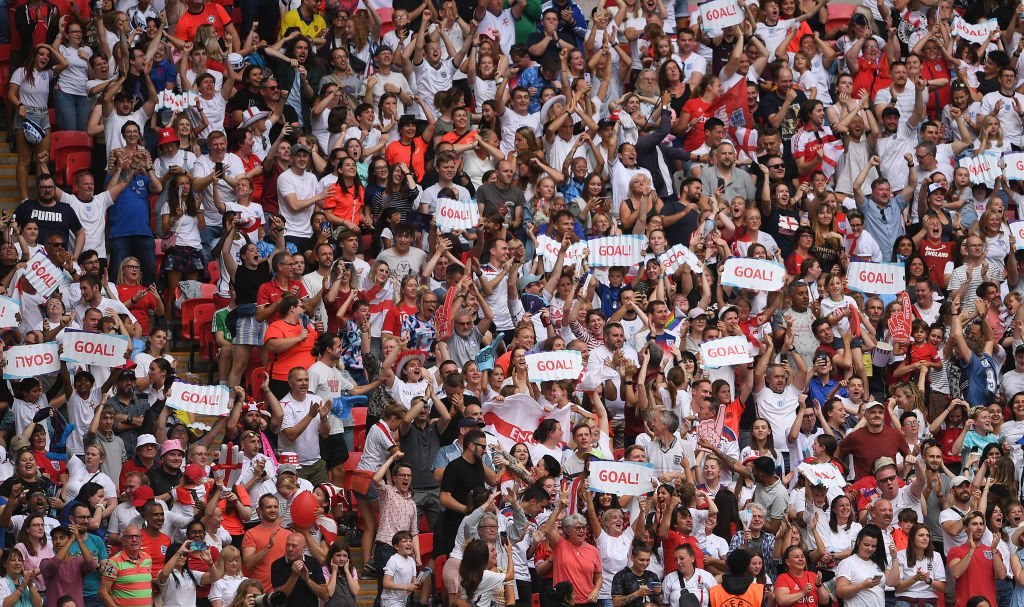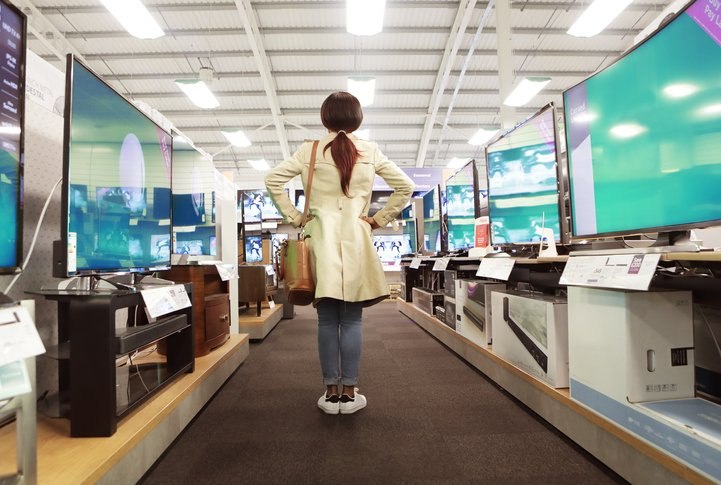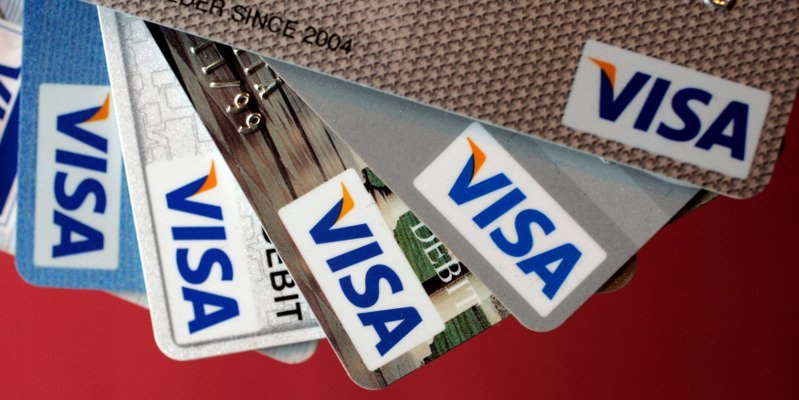
UEFA European Championships: Who are Britain’s Euro fans?
Two months out from kick-off date, consumers in Britain are seemingly already starting to get excited about the UEFA European Championship. WOM Exposure scores for the event have risen from 8.2% on March 4 to 11.2% as of April 2. But who are the fans of the event, how do they prefer watching sport, and how do they respond to sponsorship? Fans in this piece are defined as those who say they would take time out to follow the Euro.
Euros fans are skew slightly younger compared to the overall British population, with a particularly large bump in the middle-age bracket.
While the breakdown of fans is roughly identical to that of the FIFA World Cup, there is a stark contrast when it comes to gender. Where three-fourths of Euros fans are men, that share is reduced to just two-thirds of FIFA World Cup fans (66%). In effect, Euros fans are only 75% as likely as FIFA World Cup fans to be women (25% vs 33%).
In spite of the differences in the gender make up of the respective fan bases, both Euros fans and World Cup fans have a roughly similar distribution when looking at household income status. Both groups however have a higher share of fans from higher income households than the overall population.
How do Euro fans view and respond to sponsorship?
Relative to FIFA World Cup fans, fans of the Euros are both more receptive to and more demanding of sponsors. They are seven percentage points more likely to believe that sponsorships can help companies stay relevant (61% vs 54%) and 14 percentage points less likely to say that they only rarely notice event sponsors (48% vs 62%).
While they are more likely to buy products from a brand that sponsors their team (22% vs 17%), a bigger share of them feel entitled to special discounts from these brands (45% vs 33%).
What types of brands could get most purchase from sponsoring the Euros?
One of the ways to address this question is by looking at what products or services consumers might already be in the market for, especially in comparison to competing audience categories. So for instance, supplement brands might see a lot of potential in sponsoring the Euros because fans of the event about three times as likely as fans of the FIFA World Cup to say they are “very likely” to buy supplements in the next 30 days (13% vs 4%). Additionally, they are also three percentage points more likely to say they are likely to buy supplements in the same period (14% vs 11%).
Marketers of appliances may also see sense in targeting Euros fans, who are eight percentage points more inclined to say they are likely to purchase one of these products over the next 12 months (57% vs 49%).
Travel brands might also look to leverage this audience, given they are slightly more likely than fans of the FIFA World Cup to say they will book a flight in the next 12 months (62% vs 57%).
Betting brands might also have something to gain given that fans of the Euros are likelier than fans of the FIFA World Cup to have placed bets at a bookmaker in the past 12 months (33% vs 28%).


































